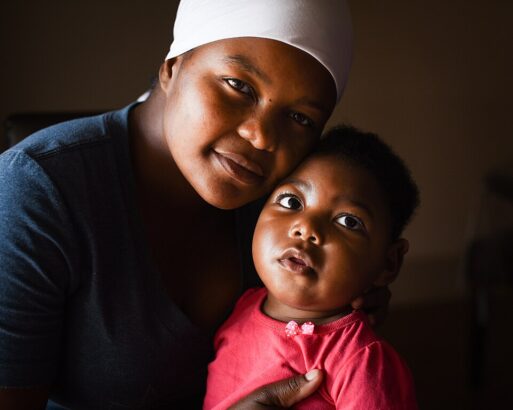In his book “When Bad Things Happen to Good People,” Rabbi Harold Kushner speaks eloquently about celebrating the birthday of his son, who was born with progeria, a disease that causes rapid and fatal aging. On the one hand, he was delighted to have his precious special needs child with him for another year. On the other hand, he was brokenhearted because each year brought him closer to his child’s inevitable death. Some of his friends didn’t understand his grief reaction because, after all, the boy was still alive.

Vanellus Foto, CC BY-SA 3.0, via Wikimedia Commons
People who have a special needs child frequently suffer from two kinds of loss. The first is a physical or primary loss like death or permanent separation. This was the type of loss that Rabbi Kushner faced. The second type is symbolic or secondary loss. This refers to the loss of a hope or a dream. For instance, in the article “The Unique Grief of Special Needs Parents,” one parent talks about her grief in realizing that her autistic son will not be able to attend regular classes in school.
Other symbolic losses come in the form of missed milestones. For example, a parent might realize that their special needs child will never marry and have children of their own. Or they may have to come to grips with the fact that a new experimental treatment does not bring the hoped-for results. If the child’s illness or disability alters their appearance, it may take the parents some time to get over the physical differences between their child and other children.
Mothers may have to struggle with the aftermath of childbirth while also trying to support an infant who is fighting for their life. In “Grief and the Special Needs Parent,” a woman writes about how she dealt with the pain of a Cesarian section while her 12-hour-old child was rushed into surgery in another location. The woman eventually left the hospital against medical advice to say what might be a final goodbye to her child. Her son survived, but remained critically ill for some time.

A mother and daughter who has cerebral palsy
Credit: AnikaMeyer via Wikimedia Commons
Parents of a special needs child often suffer the fallout from physical and emotional strain. There are, however, some things they can do to practice good self-care. First, they need to give themselves permission to grieve, as Rabbi Kushner did. Some parents shame themselves for grieving. “At least my child is alive,” they think or, “At least my child can walk.” Parents do better when they avoid comparing their child’s problems to the problems of others. They have the right to grieve for the hardships they are facing without trying to minimize them.
Second, it is important for the parents of a special needs child to develop a support system. Sometimes special needs parents form a group and take turns caring for each other’s children. Other family and friends can also help with emotional support and child care issues. Finding and utilizing a group of allies allows parents to blow off steam and take some time that is just for them.
Keeping a journal is another tactic that may help. A journal provides a good way for parents to express their emotions about the dilemmas they are facing and to record information about the child’s condition.
Having a special needs child is undeniably a challenge. Parents need to let themselves acknowledge the pain they are facing so they can deal with that pain in a constructive way.

 Grief and the Special Needs Child
Grief and the Special Needs Child




 Composting Bodies Is Now Legal in a Dozen States
Composting Bodies Is Now Legal in a Dozen States














